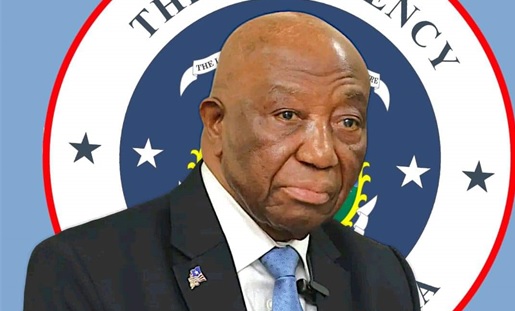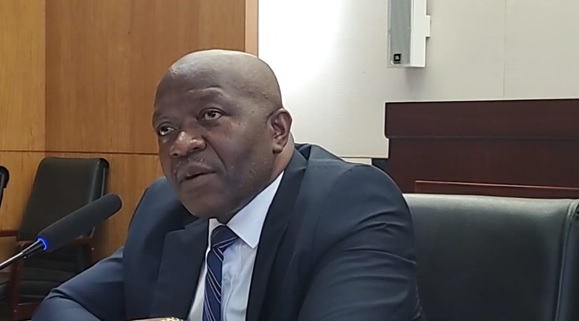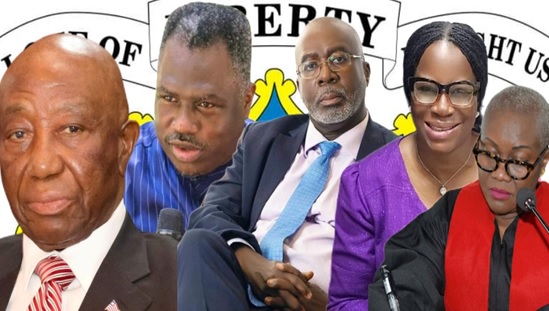MONROVIA – In less than eight months, the Joe Boakai administration has come under fire following reports of over $15.6 million in off-budget expenditures, raising serious concerns about fiscal responsibility and transparency. Local media sources, citing information from the Ministry of Finance and Development Planning, revealed that these funds were spent without approval from the national budget, triggering public outcry and demands for accountability.
This troubling revelation is part of a broader trend of off-budget spending that has plagued past administrations, including the recently ousted Congress for Democratic Change (CDC) government. However, the sheer size of the expenditures and their dubious nature have prompted experts to warn that such practices leave public resources vulnerable to corruption and mismanagement.
A breakdown of the off-budget expenditures paints a concerning picture. Among the notable allocations were $2.3 million for “unexplained miscellaneous” expenses, $2 million for covert operations by the National Security Agency (NSA), and $1.5 million for a special sitting of the House of Representatives. Additionally, $812,612 was allocated for a special sitting of the Senate, and $65,000 was spent by the Ministry of State for the funeral of Thomas Doe Nah.
The list goes on: $191,679 was contributed by the President to the Muslim community, $250,000 was used by the Ministry of State to complete the VIP Lounge, and $30,880 was allocated for Associate Justice Joseph Nagbe’s funeral. Other questionable expenditures include $28,000 for operational costs in the Vice President’s office, $1.1 million for armored vehicles for the President and Vice President, and $250,000 provided to the Disaster Management Agency for recovery operations in River Cess.
The disclosures have led to widespread criticism, with citizens and political analysts alike questioning the government’s commitment to financial oversight. In a nation where public resources are already stretched thin, the off-budget spending has only intensified calls for transparency and accountability.
As President Boakai’s administration grapples with these financial controversies, many are left wondering how they will restore public confidence in their ability to manage the nation’s finances responsibly. With growing scrutiny, it remains to be seen how the administration will address these concerns and bring about necessary reforms in fiscal governance.







